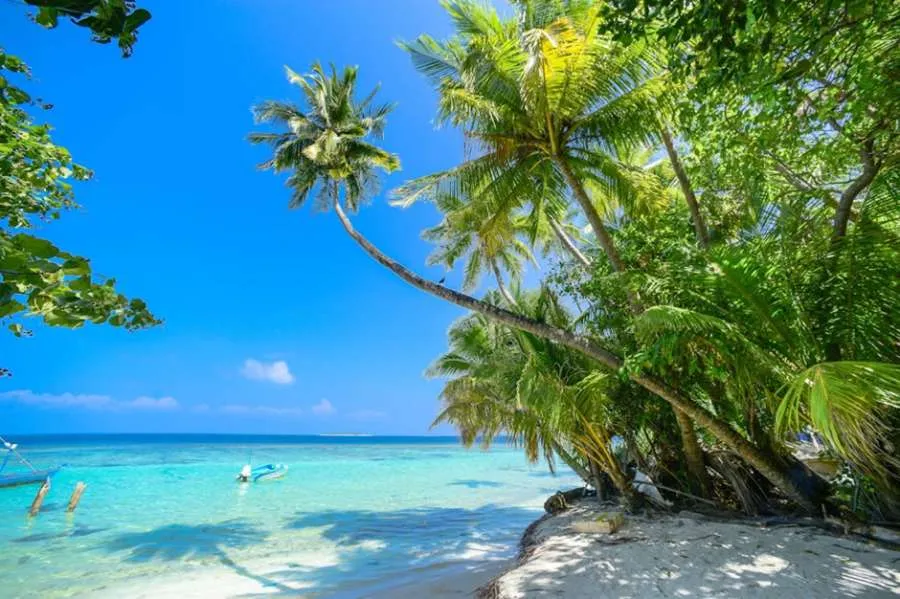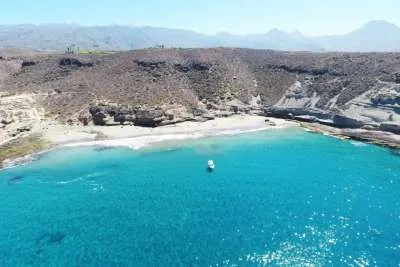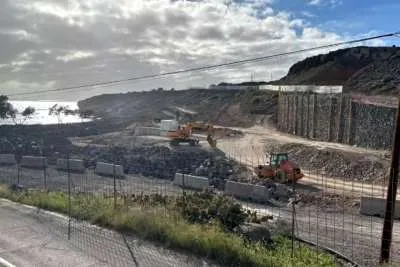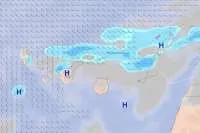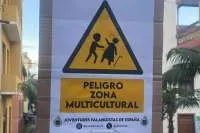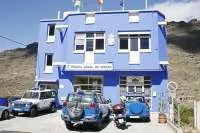Island voices in a digital tide
- 21-10-2025
- Business
- Canarian Weekly
- Photo Credit: Supplied
In the Canary Islands, news spreads faster than the trade winds. A lifeguard’s early flag change, a delayed ferry, a Sunday roast finally done right — news moves through WhatsApp groups, beachside chats, and the little bulletin boards outside the panaderías.
In recent years, the island grapevine has gained a new partner: the online scroll, where neatly polished travel tips and reviews often sound suspiciously alike.
Observers began noticing hotel descriptions with identical rhythms and glossy, generic language. A few lines landed cleanly, but the soul felt missing. That is why simple checks are becoming part of everyday browsing, including quick tools like an ai text detector. The goal is not to shame technology, but to understand it. In a place where the economy runs on trust between visitors and locals, knowing who or what is speaking matters.
The new word of mouth
Tourism keeps the islands humming, but the community keeps them kind. Recommendations shared by a neighbour carry weight; one can picture the person, the way their face lights up when describing a guachinche tucked above the banana fields. Online, that warmth can get filtered out, even while reaching far more people.
Small clues help readers separate real texture from template talk. Language may be glossy yet vague. Lists of “must-see” spots arrive without mention of the bus route on a windy day. Photos feel like a press kit instead of a real afternoon in Tacoronte or Agaete. None of this guarantees a post is wrong; it simply invites a closer look. The best island advice usually includes a smudge of reality: a warning about the steep final turn, a bakery that sells out by ten, the exact bus number that saves a pair of calves.
When automation meets hospitality
Hotels, guesthouses, surf schools, and restaurants now live in two overlapping worlds — the one with salt on the chairs and the one with pixels on the page. Many owners write updates themselves in the quiet hour after the mop is put away. Some lean on templates to tidy up their English. Some people want AI to write blurbs about patios at sunset and hand-made drinks.
This story doesn't have a bad guy. If someone is going to La Palma or El Hierro for the first time, a detailed account can help them feel better, even if it starts with a machine draft. The real friction is sameness. When every terrace is “stunning” and every room “nestled” in something, readers tune out. What cuts through is the human detail: the baker’s first name, the busker who plays after nine, the note that the north wind can rattle a balcony door, but the sunrise will make anyone forgive it.
For small businesses, the remedy is honest and practical. Keep the bones of clarity, add the pulse of place. Write down three specific truths staff share with guests in person, and put those truths on the website and booking pages. If a tool drafts copy, weave those details back in. Readers feel that difference instantly.
Local journalism and trust
Island newsrooms have long worked close to the ground. Reporters talk to lifeguards, taxi drivers, teachers, and café owners; stories stay rooted because they begin in real conversations. The digital tide, however, brings flotsam — rumours dressed as reports, press releases masquerading as analysis. Readers can meet this tide with calm, simple habits.
A short islander checklist before sharing any link:
- Are the place and people named with care, or does the piece float in generalities?
- Are there details one could verify on the street tomorrow morning?
- Does the language balance urgency with facts, avoiding easy hype or fear?
- Does the outlet post corrections and updates as new facts emerge?
- Can a second source be found that agrees on the basics?
These tiny steps do not slow anyone down; they anchor attention. In a small community, one sloppy share can swirl for days.
Schools, homework, and a smarter screen
Classrooms across the islands are learning the new language of digital authorship. Teachers want students to write with their own voice, but young minds are clever and tools are tempting. When assignments move online, a perfectly tidy paragraph can raise an eyebrow. Some schools now run quick checks — not for punishment, but to teach the craft of writing. The lesson is sturdy and old: sources matter, tone matters, and a student’s own view of the world matters most.
If this is important to your family, ask each other "how did you find that" every night at dinner. Ask for the process as well as the result. Not the perfect paragraph that doesn't show thought, but the rough writing that does. The island's value process — fishing, farming, cooking, and writing is another slow skill that rewards patience.
Signals the screen is telling only half the story
- Recycled photos that do not match the season, light, or weather.
- Advice that skips bus numbers, trail markers, or street names.
- Descriptions full of grand words but light on small truths.
- Reviews with perfect grammar and no lived texture.
- Lists that appear in the same order across multiple sites.
Whenever these signals appear, a small question helps. Comment to request a bus line. Message a café about post-storm hours. If possible, walk by and check. Island life rewards the curious.
Putting the loop away
Technology isn't bad for island life; in fact, it can make things that are already good here even better, like the way people treat each other, share, and accept the moods of nature. A ferry app that actually works saves weekends. A translation tool helps a new neighbour ask for cilantro instead of parsley. A detector that flags boilerplate nudges a hotel to speak from the heart.
For business owners, inviting regulars to help describe a place can yield language no template would invent. For writers addressing a local audience, one detail only an islander would know can carry a whole piece — the view from a certain bench, the evening hour when the air smells like bread, the way calima turns the sun into a dull coin.
In the end, the land itself teaches verification. If someone says the tide is low, a glance at the shore answers the question. If a trail is “easy,” calves will file a report by sunset. Screens should serve that same honesty. Tools can help, but that's not the purpose. The goal is to make sure that stories are true, helpful, and clear from here.
So, when a glossy guide promises a “secret beach” or “hidden bar,” treat it like a rumour about rain. Check the sky. Ask a local. And if it proves out, share the part only an islander could have seen — the squeak of sand, the friendly cat on the wall, the wind that cools coffee faster than planned. That is the island voice worth carrying on.
Other articles that may interest you...
Trending
Most Read Articles
Featured Videos
TributoFest: Michael Buble promo 14.02.2026
- 30-01-2026
TEAs 2025 Highlights
- 17-11-2025


